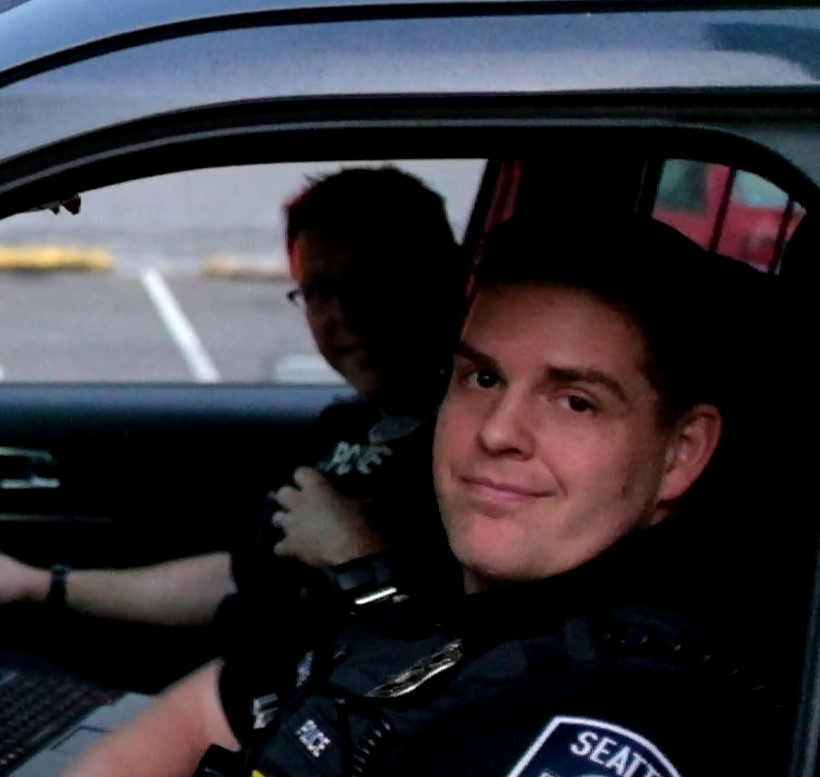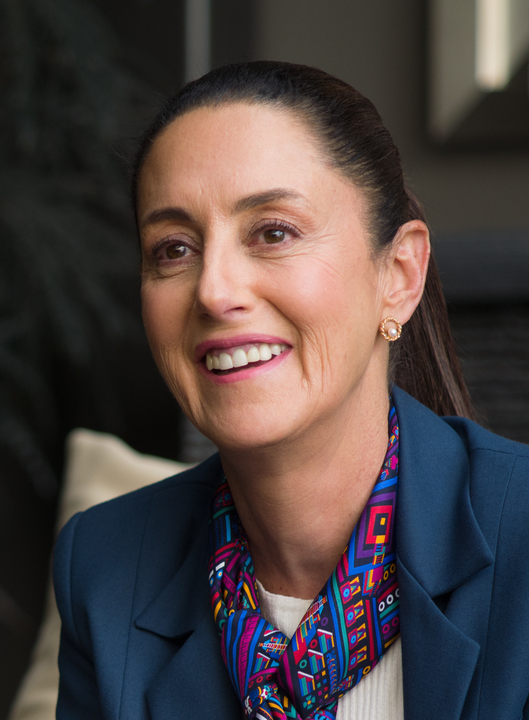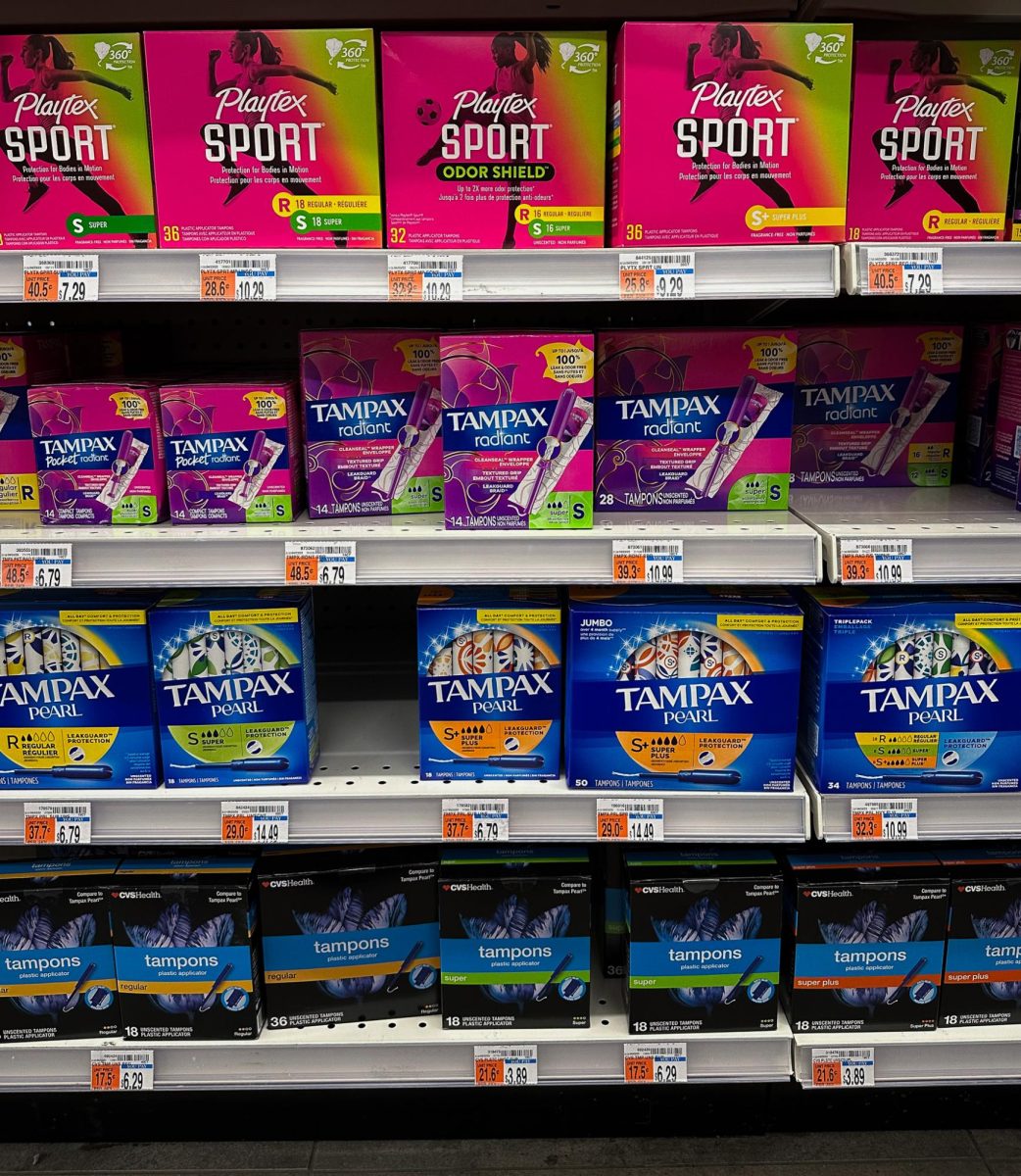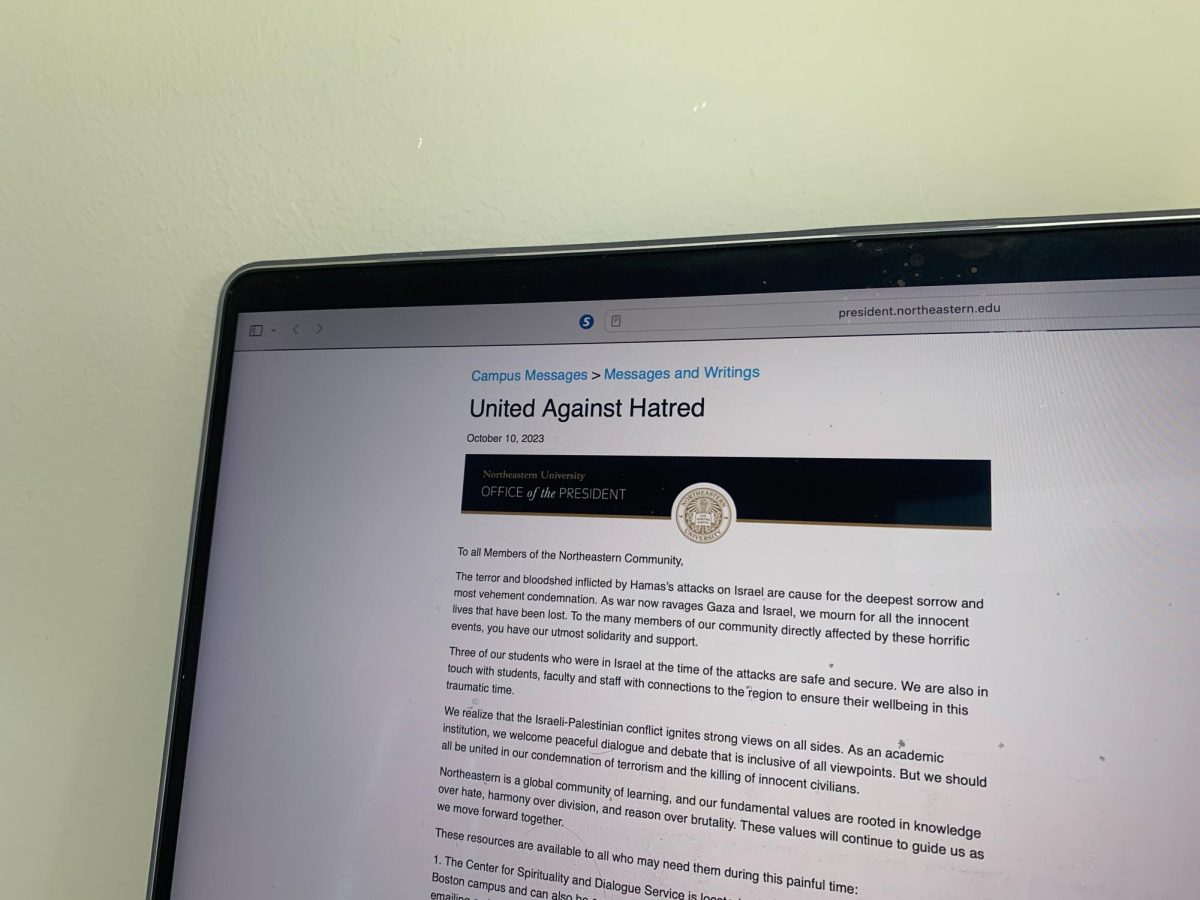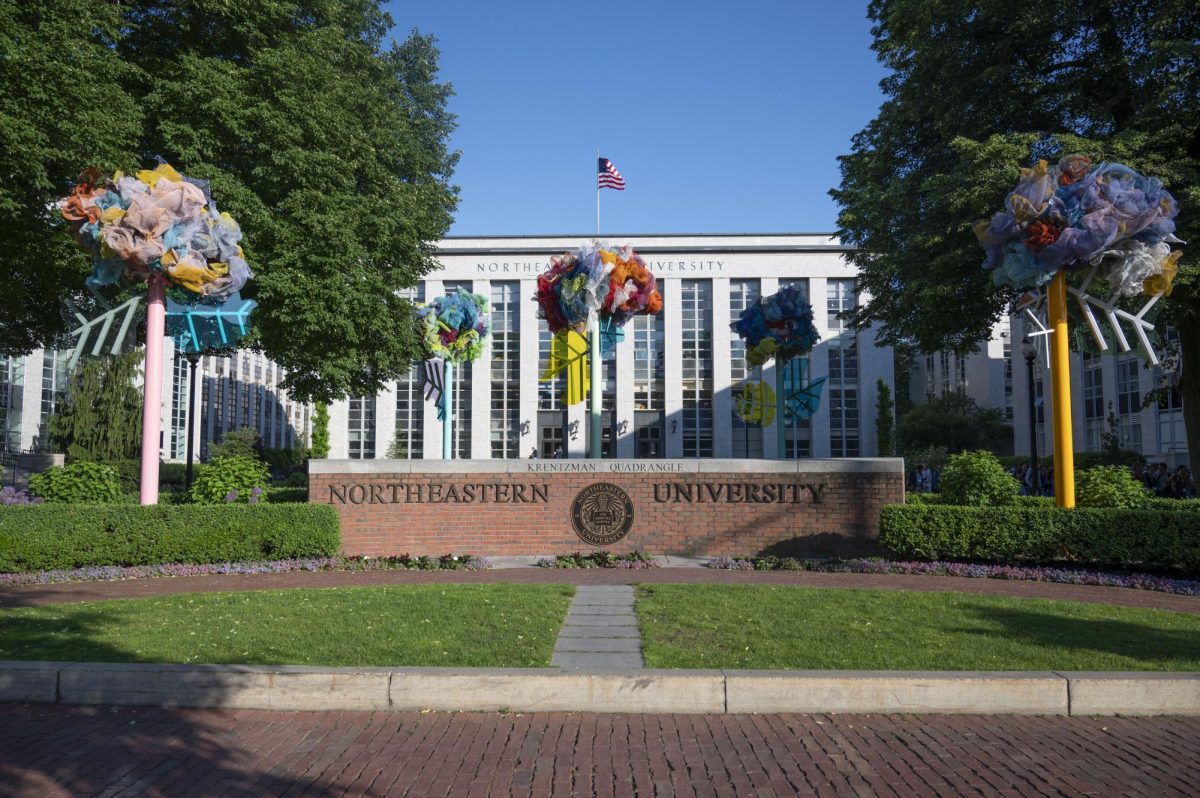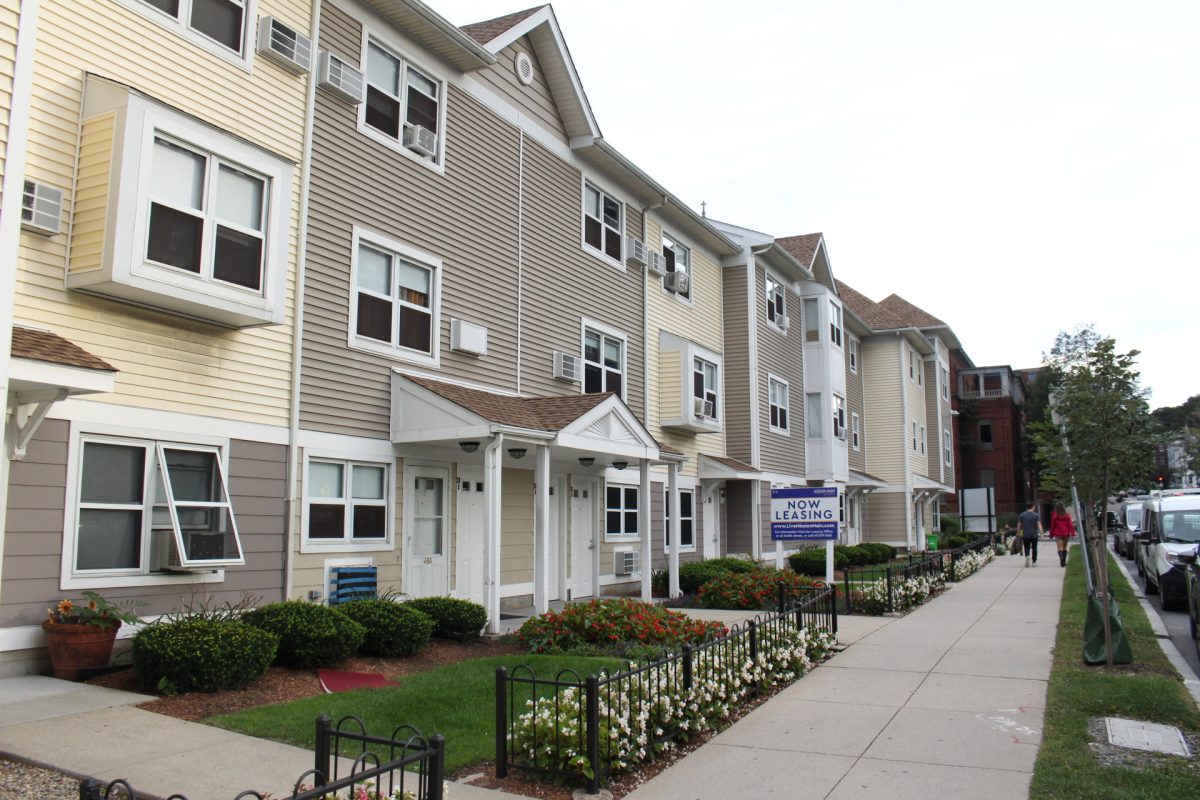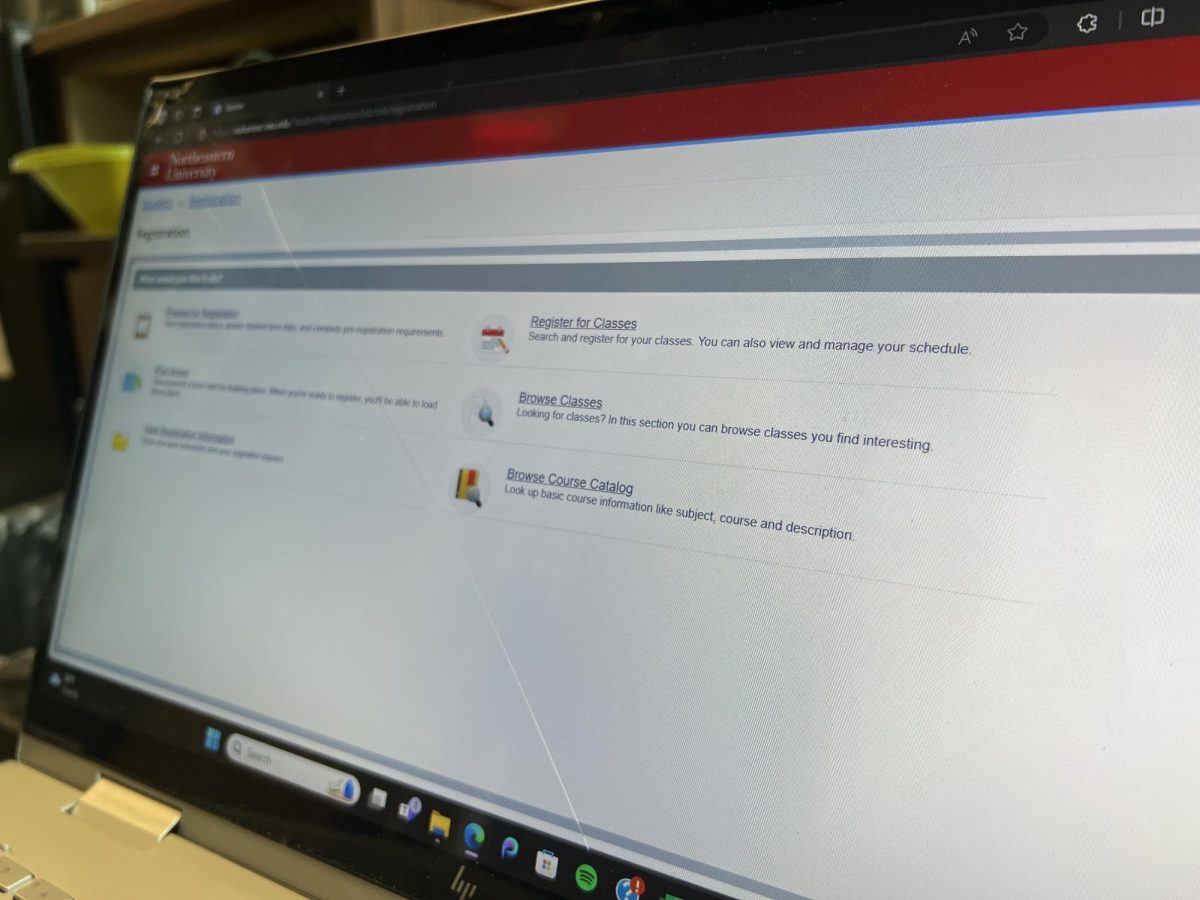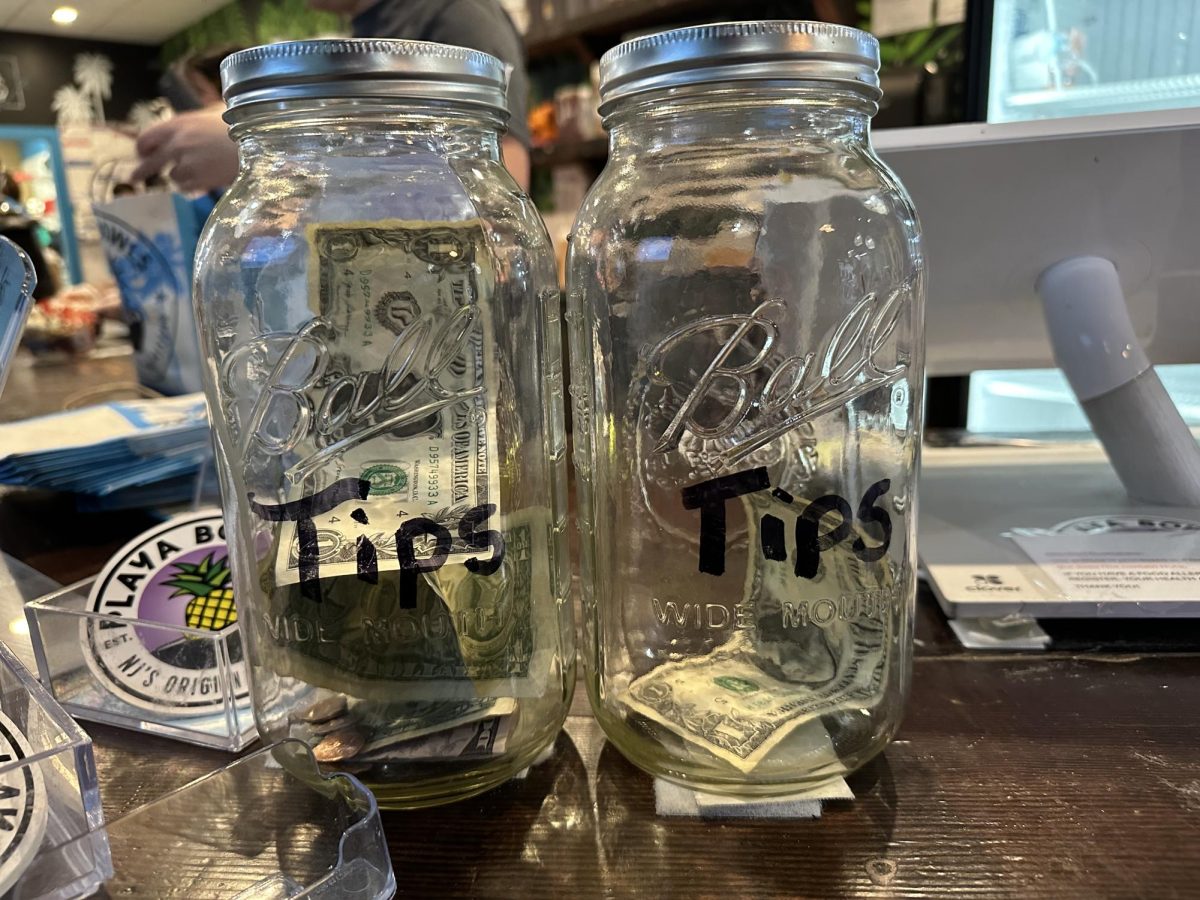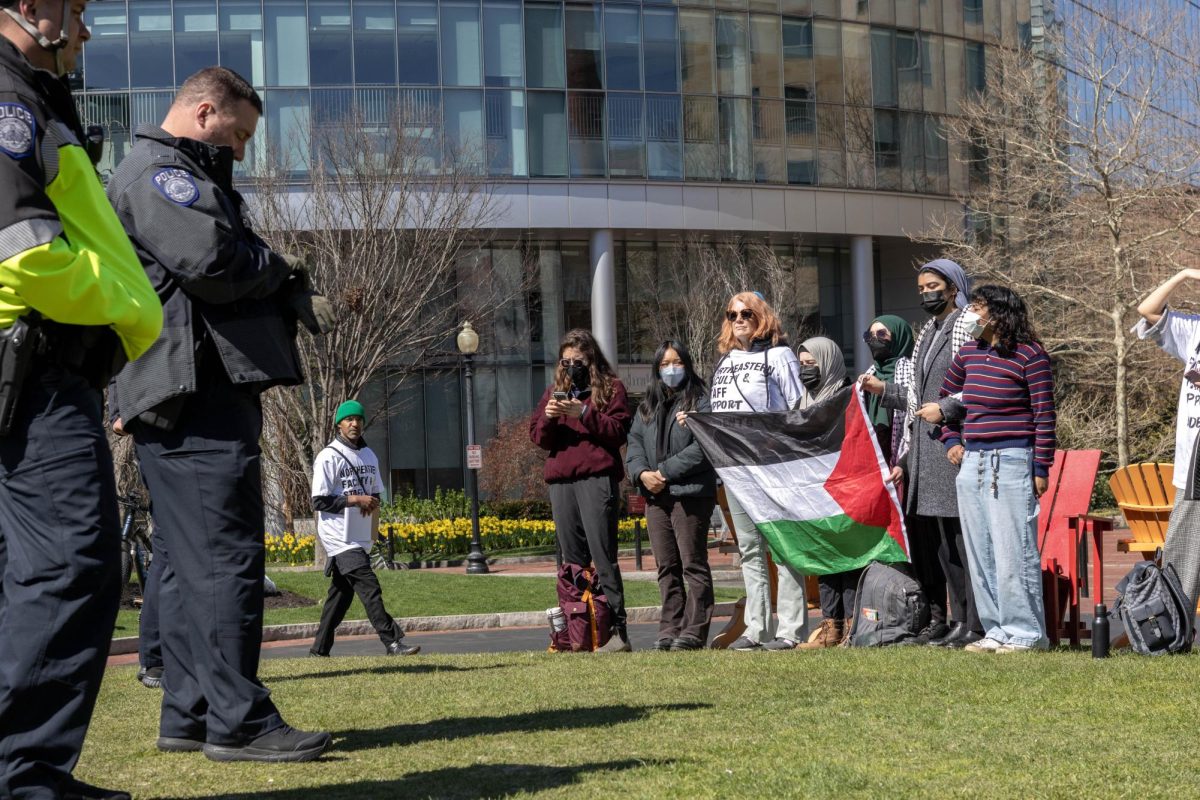Seven thousand five hundred pedestrians were killed by drivers in the United States in 2022, the highest the mortality rate has been in 41 years. The scourge of vehicular violence against pedestrians has skyrocketed in the U.S., and in January 2023, it took the life of one of Northeastern’s own, Jaahnavi Kandula. Kandula was killed by a Seattle police officer, traveling in a cruiser at 74 mph in a 25 mph zone as she entered a crosswalk. Yet, the prosecutor’s office has declined to hold Seattle Police Department officer Kevin Dave accountable for his actions that took her life.
While the prosecutor’s report attempts to exonerate Dave on the basis that not enough incriminating evidence exists, he was truly saved by belonging to two privileged classes, protected, but not bound by the law. He happened to take the life of another human being as a police officer and while behind the wheel of an automobile.
Dave was issued a traffic infraction and could face a fine of up to $5,000, yet King County refuses to press criminal charges, continuing the all too familiar cycle of police impunity. In the United States, police officers are extremely unlikely to face consequences for their actions, regardless of the extent of their wrongdoing. Not only does the prosecutor’s report excuse Dave’s behavior, it cruelly shifts blame from a trained officer to a civilian victim, castigating Kandula for not taking proper action to save her own life.
The prosecutors memo states “[Kandula’s] choice to run across the street when she could have stayed still and not been struck is seen as the superseding intervening clause under the law, then even if the officer had driven with ‘disregard for the safety of others (DSO),’ the actions of the pedestrian would be a defense to the felony.”
Kandula not recognizing the correct choice of action upon viewing a car careening down the road 50 mph over the speed limit does not excuse the officer’s reckless behavior. The danger of police speeding has long been known: Numerous municipalities have banned or limited police pursuits as a result of countless high-speed chases that led to the deaths of innocent bystanders. Though Dave was not engaged in a chase, the risk of traveling at such speeds should have been apparent.
It could be said that the decision not to press charges in light of “contributory negligence” was simply recognizing an unfortunate reality of how attempted felony charges would be received, not a values-based judgment. But that speaks to a broader problem with how pedestrian deaths at the hands of vehicle operators are treated.
Media organizations are often heavily criticized for their use of passive voice and obfuscating responsibility in headlines describing police violence. The same dynamic is also present when drivers injure pedestrians or cyclists. Similar to how “officer-involved incidents” or “discharge” can lead to death, pedestrians often find themselves struck by cars, not drivers with agency.
A particularly egregious example of this occurred in September 2023 when an NBC Boston headline read, “Bicyclist critically injured after crashing into school bus on Dorchester Avenue.” Someone who did not read past the headline would come away with a drastically different perception of what actually happened: A woman on a bike was struck by a negligent driver opening a car door without looking, which then knocked her into the school bus.
This attitude reflects a general culture where drivers are a protected class and are, on some level, not responsible for any harm they carry out from behind the wheel. It influences not only the way in which people react to such tragedies, but also how they conduct themselves when driving. Getting somewhere on time, even if it means speeding and putting others at risk, becomes a reasonable calculation to make. Pedestrians in crosswalks become obstacles, nuisances that have no right to impede the free flow of automobiles.
Dave was responding to a potential drug overdose, not running late to get to an appointment. But in the same way this would not excuse driving through backyards to get there faster, it does not justify failing to take basic safety precautions to protect other citizens.
The driver’s state of mind does not discount the fact that driving far over the speed limit, especially without sirens, is an inherently reckless and negligent act. Kandula’s family has been through an unimaginable tragedy with the loss of their loved one, compounded further by another Seattle officer mocking her death. Accountability for the officer who killed her is the bare minimum; local governments must take extreme measures to protect all vulnerable road users, even if this means denying drivers the free reign they feel they deserve. In turn, the justice system, insurance companies and media must reevaluate how they treat collisions and end the culture of driver impunity. It is essential that the thousands of annual victims of vehicular homicide do not become mere statistics.
Noah Colbert is a fourth-year mathematics and political science combined major. He can be reached at [email protected].







